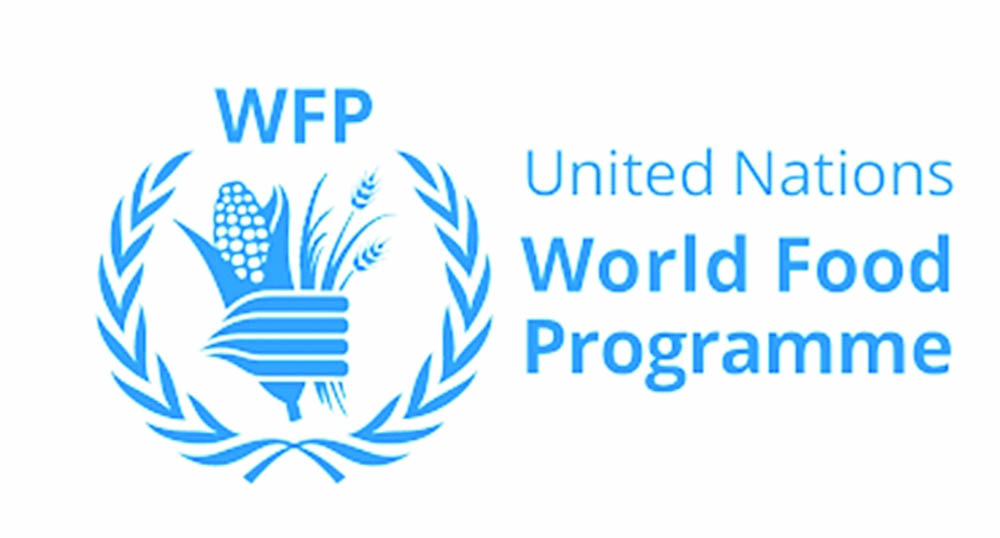As COVID-19 restrictions continue to ease around the world, international agencies are counting the cost of the pandemic to poor regions and countries, including the Caribbean, where the ravages of the pandemic have resulted in likely much larger challenges for ordinary people.
In April, data deriving from a series of surveys administered by the Caribbean Community (CARICOM) in partnership with the United Nations World Food Programme (WFP) yielded more disturbing news for the region. Already plagued by pockets of food insecurity and unsustainable food import bills, the Caribbean has been told that one of its more troubling immediate challenges is the prevalence of severe food insecurity which the recent survey says has increased by 72 per cent since the onset of the pandemic, and by 44 per cent as compared to one year ago.
The findings into the food security condition of countries in the region began with a probe in April 2020, by CARICOM in collaboration with the WFP designed to track the impact of COVID-19 on food security and livelihoods across twenty-two countries and territories in the English and Dutch-speaking Caribbean through the CARICOM Caribbean COVID-19 Food Security and Livelihoods Impact Survey. The surveys were administered in April 2020, June 2020 and February 2021, with the fourth and most recent round taking place in February 2022. Experiences with food insecurity, the survey says, are due to the unique interplay of a multitude of factors associated with food availability, food access, food utilisation and economic vulnerability.

Based on estimates extrapolated from the CARICOM WFP survey findings, there has been an increase of one million food insecure people in the English speaking Caribbean since the beginning of the pandemic – bringing the estimated number of food insecure people in the region to 2.8 million or 39 per cent of the total population.
And according to the findings of the survey “severe inequality in access to nutritious food is one of the dominant spillover effects of the pandemic,” in the Caribbean. This, according to the findings of the probe has major implications for the region’s high rates of non-communicable diseases, already-taxed social assistance systems, academic performance among the youth, productivity in the workplace, and crime rates. It cites Guyana’s hosting of an upcoming regional Agri Investment Forum from May 19-21, under the theme ‘Investing in Vision 25 by 2025’, “to facilitate intense consultations between the public and private sectors on investment opportunities” as part of a wider plan to kickstart efforts to reduce the region’s multi-billion dollar food important bill by 25% by 2025.






